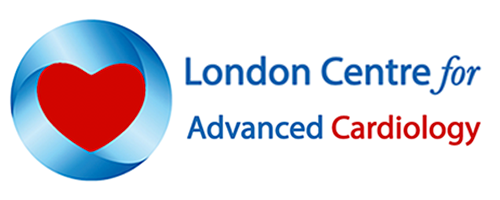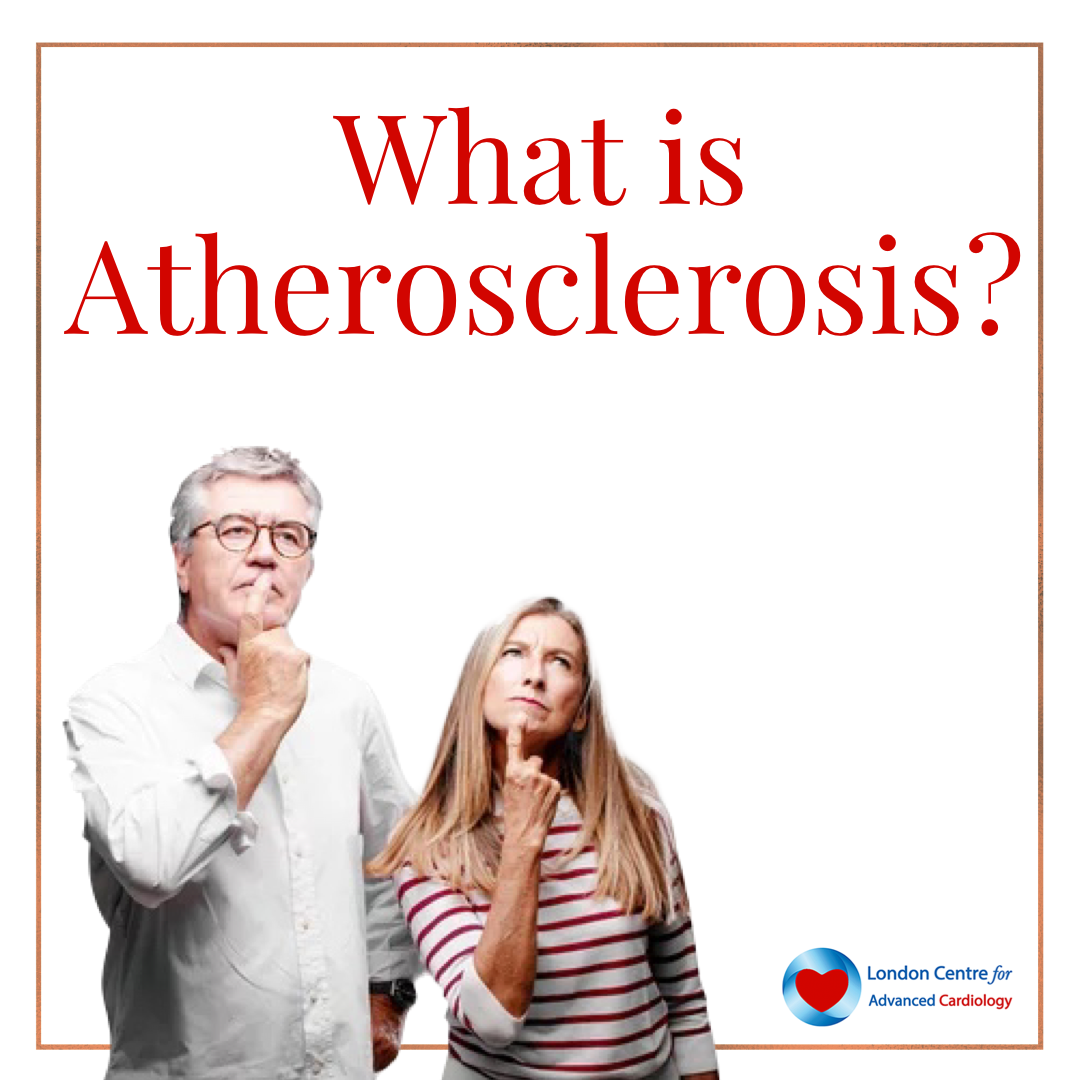Atherosclerosis is common. It’s more common in people over 65 and those with a family history of heart or circulatory diseases.
Fatty material called atheroma (or plaque) builds up in the lining of your artery walls and narrows your arteries. Over time this can build up until your arteries become so narrow they can’t let enough blood through.
How can atherosclerosis affect my heart?
Over time, atherosclerosis can lead to:
- Angina – usually a pain or discomfort in your chest. This happens when your heart muscle isn’t getting enough blood.
- Heart attack – if the fatty material breaks down and a blood clot forms, it can completely block your artery and cut off the supply of blood to your heart. This is a heart attack.
- Stroke – when enough blood can’t get to your brain. If the blood supply is limited for a short time this can cause a mini-stroke (called a TIA). If the fatty material breaks down and a blood clot forms, it can block the artery completely.
- Peripheral arterial disease (or PAD) – when enough blood can’t get to your leg muscles. This can cause pain in your calves, hips, buttocks and thighs – usually when you’re walking or exercising.
What are the symptoms of atherosclerosis?
Most people with atherosclerosis don’t know they have it. You may not feel any symptoms at first. Most symptoms of atherosclerosis don’t show up until one of your arteries is blocked.
The most common symptoms of atherosclerosis include:
- chest pain
- pain in any of your limbs, where there may be a blocked artery
- difficulty breathing
- fatigue
- confusion, as a result of blood not flowing to your brain
- weak muscles.
How is atherosclerosis diagnosed?
Your doctor will ask you some questions and may send you for tests such as:
- a blood test, to check your cholesterol
- a CT scan
- a coronary angiogram
- an ECG
- an exercise ECG.
How is atherosclerosis treated?
There aren’t any treatments that can stop or reverse atherosclerosis. But there are medicines and treatments that can slow down its progress and lower your chances of having a heart attack or stroke. Your doctor will tell you what treatment you might need.
These may include:
- medicines for diabetes, high blood pressure or to reduce the risk of blood clots.
- lifestyle changes
- a coronary angioplasty
- coronary bypass surgery.
Having a healthy lifestyle and managing any risk factors you may have is important.
What increases my risk of atherosclerosis?
The things that increase your risk of developing atherosclerosis are the same as for other types of heart and circulatory diseases.
There are many things you can do to be healthy and reduce your risk:
- eat healthily
- be physically active
- keep to a healthy weight and lose weight if necessary
- don’t smoke
- cut down on alcohol
- control high blood pressure
- control cholesterol levels
- control blood sugar levels (if you have diabetes).
Source: BHF

